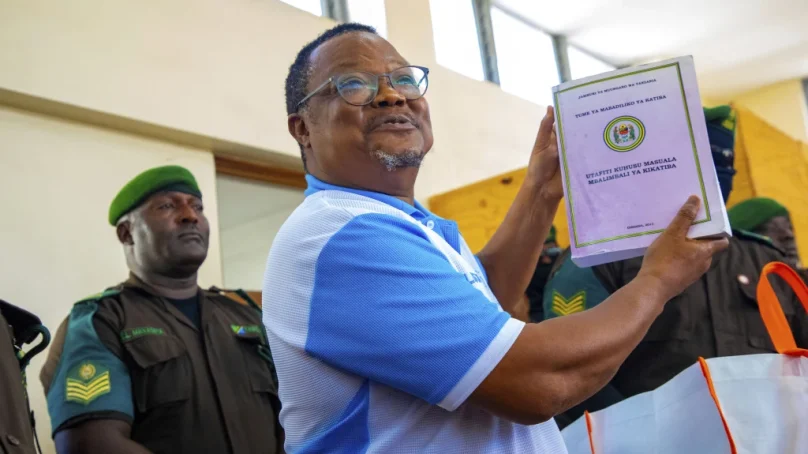
Tanzanian President Samia Suluhu Hassan, a Muslim, risks Christian backlash after she ordered the deregistration of Glory of Christ Church headed by an outspoken member of parliament and human rights advocate Josephat Gwajima.
Unlike other countries in eastern Africa where tribalism and clannism play a key role in political and election outcomes, Tanzania has a history of religionism that pits Christian majority against Muslims, who predominate Zanzibar, where President Hassan hails from.
President Hassan’s directive has already touched off tensions between Tanzanian Mainland (Tanganyika) and Zanzibar with leaders from the former expressing frustration that the island – predominantly Muslim – is inordinately favoured in national resource distribution.
In the countdown to the 2000 elections, Tanzania was rocked by violence as Unguja and Pemba islands pushed for autonomy from Tanzania (Mainland). In the ensuing violence that claimed hundreds of lives, then leading opposition party Civic United Front (CUF) Presidential candidate for Zanzibar Seif Sharif Hamad alias Maalim Seif Sharif Hamad was forced to flee to exile in neighbouring Kenya.
Thousands of civilians from Pemba and Unguja too fled to Kenya with some going farther north to Somalia.
Since independence in 1961, the presidency has alternates between Christians from Tanganyika or Tanzania Mainland and Muslims from Zanzibar.
However, the twin islands of Zanzibar – Unguja and Pemba – elect their own parliament and president, but who is subservient to union president. The mainland or Tanganyika does not have similar constitutional provisions, a situation thee mainland has been pushing for.
There are fears a replay of the 2000 violence is in the offing following reports that more than 80 people allied to the opposition have either been killed police or ‘disappeared’ by Tanzanian. Gwajima alleges – without proof – that disappearances and possible murder were ordered by President Hassan.
Tanzania is currently in constitutional throes following a ban imposed on main opposition party Chadema, whose leader Tundu Lissu faces questionable treason charges over the party’s rallying call for constitutional and electoral reforms: “No reforms, No Elections.”
When Tanzanian authorities deregistered a church led by Member of Parliament Josephat Gwajima, Glory of Christ Church in the commercial capital, Dar es Salaam, the government cited unqualified claims involvement in politics. The church was on Tuesday cordoned off by police after hundreds of congregants turned up to protest the closure announcement.
Tanzania’s registrar of societies wrote a letter deregistering Gwajima’s church saying his sermons contravened acceptable conduct of religious organisations.
Gwajima last Sunday called out the government for what he called detentions and enforced disappearances, warning his congregants to be wary.
His message came days after a Kenyan activist and his Ugandan counterpart accused the Tanzanian police of torturing them after arresting them ahead of opposition leader Tundu Lissu’s treason case court proceedings.
Tanzanians are set to elect a president and members of Parliament in October. The ruling party, the CCM, has been in power since Tanzania’s independence in 1961.
The main opposition party, Chadema, has been calling for electoral reforms ahead of the elections.
Gwajima was elected in 2020 after he was endorsed by then-President John Magufuli. His popularity has risen over the years and he is seen as an outspoken critic of President Samia Suluhu Hassan, who is serving out Magufuli’s term after he died in office.
Hassan is running in the October election and has been accused of silencing her critics after opposition leaders were arrested in recent months. She struck a reconciliatory tone during her first days in office and lifted a six-year ban on political rallies that was imposed by Magufuli.
Hassan’s tone has changed in recent months as she warned foreign activists coming to Tanzania for the opposition leader’s court case, saying she will not allow them to destroy the country.
Some activists were deported to Kenya on arrival in Tanzania and the Tanzanian government did not explain the reasons for deportation.
Rights groups including Amnesty International have urged Tanzania to investigate allegations the activists’ human rights were abused.
- A Tell Media / AP report







